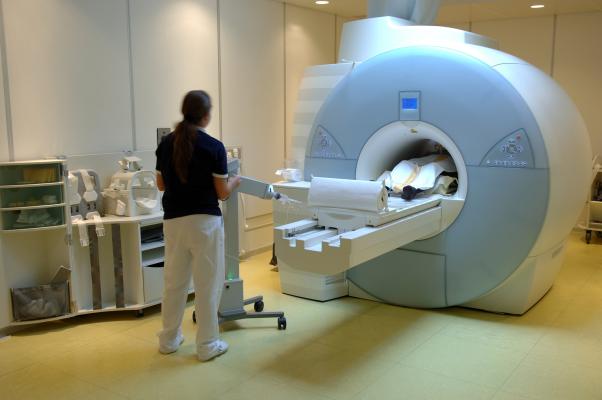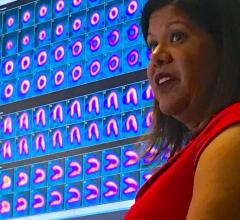
Getty Images.
July 11, 2022 – The American Society of Nuclear Cardiology (ASNC) and the Society of Nuclear Medicine and Molecular Imaging (SNMMI) have reported a significant advocacy victory. In updates issued June 27, 2022, each reported that Aetna has reversed its policy of non-coverage for cardiac PET/CT. The payer's policy change followed receipt of a joint letter to Aetna requesting that their non-coverage policy be reversed.
The ASNC advocacy news update, noted, “ASNC is pleased to report that Aetna has reversed it policy of non-coverage for cardiac PET/CT. The payer’s policy change followed receipt of a joint letter from ASNC and the Society of Nuclear Medicine and Molecular Imaging (SNMMI).
In a letter to its members, SNMMI noted that it has recently received word from its membership that Aetna's current cardiac PET policy refuses coverage for hybrid PET/CT (CPT codes 78429-78431, 78433). The update reported on the collaborative advocacy effort work with ASNC, reading, in part:
“We are thrilled to communicate to our membership that within a few days of receiving our letter, Aetna reversed their non-coverage policy. SNMMI applauds this outcome and appreciates Aetna's swift response.” It added, “The SNMMI Health Policy Team works diligently to ensure that coverage policies are up-to-date with current literature. We encourage our membership to report non-coverage issues to [email protected].”
ASNC summarized how the advocacy win unfolded. Earlier this year, according to its update, both societies received reports from members that Aetna was refusing to cover PET/CT scans (CPT codes 78429-78431, 78433) because the payer considered the scans to be “experimental/investigational” and “not identified as widely used and generally accepted for the proposed uses as reported in nationally recognized peer-reviewed medical literature.” Aetna's policy stated, "The fusion of PET and CT imaging into a single system (PET/CT fusion) is considered experimental and investigational for cardiac indications; a PET scan without CT is adequate to evaluate the myocardium."
ASNC, joined by SNMMI, sent a letter "adamantly" disagreeing with the policy, the update continued. "This decision not to cover hybrid PET/CT denies patient access to standard-of-care testing that is required to make life-saving clinical decisions," the societies wrote. The joint letter also noted that SNMMI and ASNC’s recommendations regarding the role of PET/CT in the evaluation of coronary artery disease have been accepted by the American Medical Association (AMA) RVS Update Committee (RUC) and multiple payers, including CMS.
ASNC and SNMMI urged Aetna to reconsider the non-coverage policy, emphasizing that the position was inconsistent with the current standards and practice of cardiac PET across the U.S. The letter cited the societies' recommendations on the role of PET/CT in the diagnosis and evaluation of coronary artery disease. These recommendations have been accepted by the American Medical Association RVS Update Committee, multiple payers and Medicare.
In 2016, ASNC imaging guidelines / SNMMI procedure standards were published that detail the quality components required to perform PET nuclear cardiology procedures. In addition, a multi-disciplinary appropriate use criteria (AUC) document published by SNMMI states, “The high spatial and contrast resolution in concert with photon attenuation-free images of PET have led to high image quality associated with the highest sensitivity and specificity of PET/CT perfusion imaging in the detection and characterization of coronary artery disease (CAD).” The publication of these peer-reviewed documents validated the role of cardiac PET and led to reimbursement by the Centers for Medicare and Medicaid Services and most other payers for those procedures with Category I codes.
For more information: www.acnc.org, www.snmmi.org.


 January 05, 2023
January 05, 2023 





